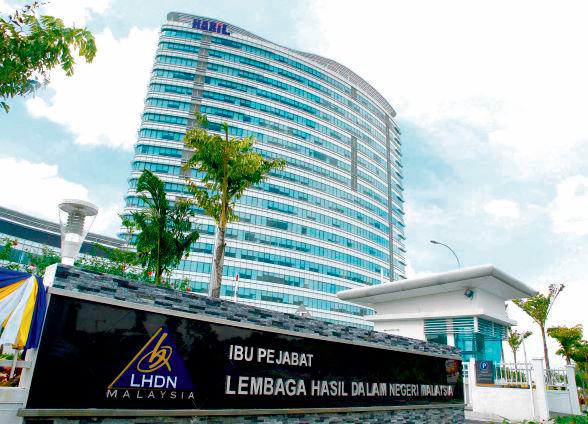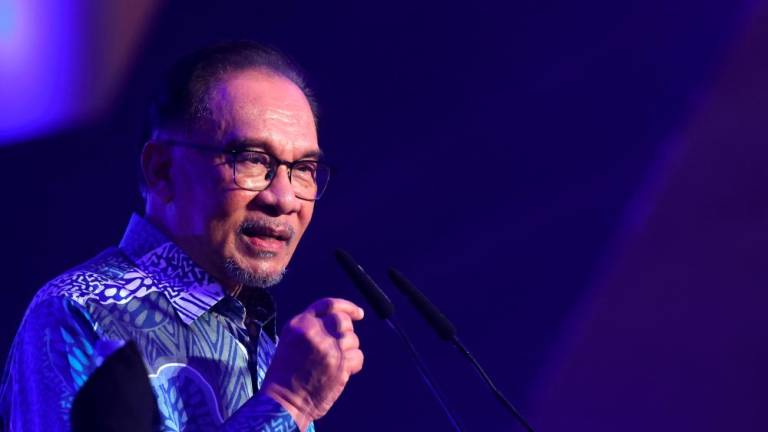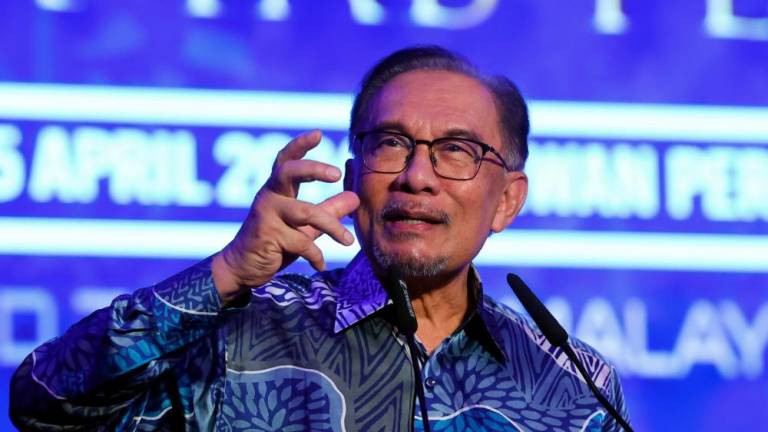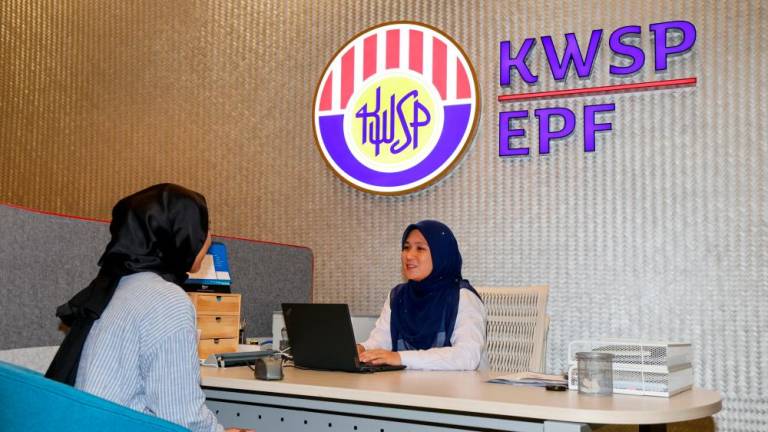ON Aug 26, 2022, the Inland Revenue Board (IRB) issued guidance on the tax treatment of digital currencies and digital tokens (DCT), providing clarity to taxpayers. The basic underlying principle adopted by the IRB in determining whether to tax such transactions or not is based on whether it is capital or revenue.
Many of the big economies such as the US, the UK, Canada, Australia, and India treat them as property and bring them under the capital gains tax regime. Malaysia does not have capital gains to capture such transactions.
When is it taxable?
The IRB regards DCT as financial assets. If such financial assets are undertaken by a taxpayer who is involved in any business of DCT such as trading, mining, dealing or exchanges of currencies, profits from such transactions will be subject to income tax if the business is carried on in Malaysia.
Trading of DCT is where a taxpayer is regularly buying and selling the DCT to make profits. On the reverse, where the taxpayer buys the currency and keeps it for the long term, perhaps more than two years, and does not regularly buy and sell, then such a taxpayer will not be subject to income tax when he realises a gain.
Those who carry out the business of mining DCT with the intention to make a profit will be subject to income tax and the expenses incurred in relation to generating the income will be tax deductible. It is common for miners to be providing a service for the investors without the intention of owning the DCT – in such a case, only the service income will be subject to tax, and the owners of the digital currency will be subject to the normal principles of taxation.
What happens when DCT are used for transactions?
If the taxpayer carrying on a business holds DCT as its stock-in-trade and uses DCT to buy goods or services in the course of its business, the taxation principles will follow the normal stock-in-trade, which is the profit or loss from the rise or fall in the value of the digital currency will be taxed or given a tax deduction.
However, where the taxpayer holds the DCT as an investment and exchanges it for other goods or services, the exchange will not give rise to income tax.
Valuation in transactions
In the course of the taxpayer’s business, if there is an exchange of DCT for services and goods, the valuation should be based on the value of the DCT available in the open market. If a valuation is not available in the open market, then it will be equivalent to the fair value of the property or services exchanged.
If a taxpayer is accumulating DCT either as investment or stock, records of the costs and dates of acquisition must be kept as it will be needed to determine the acquisition when the DCT are sold. The acquisition costs will be determined on a first-in-first-out basis.
Red flags
Although the guideline was issued on Aug 26, 2022, this does not prevent the IRB from applying these principles retrospectively because they are merely clarifying the position as the law stands today. The IRB has not created any new law or practice; it has merely provided guidance on how to DCT is taxed.
The biggest problem in the cryptocurrency arena is that there are many taxpayers who have been carrying on such transactions but have not surfaced, and therefore exposed to back taxes. The IRB has a big challenge to unearth such taxpayers because such transactions do not always get captured in the accounting books of the taxpayers.
An amicable solution would be to allow the taxpayers to come forward to the IRB voluntarily and settle their past taxes without any penalties. It will kill two birds with one stone – the IRB collects the taxes, and the taxpayers come clean.
This article is contributed by Thannees Tax Consulting Services Sdn Bhd managing director SM Thanneermalai (www.thannees.com).











